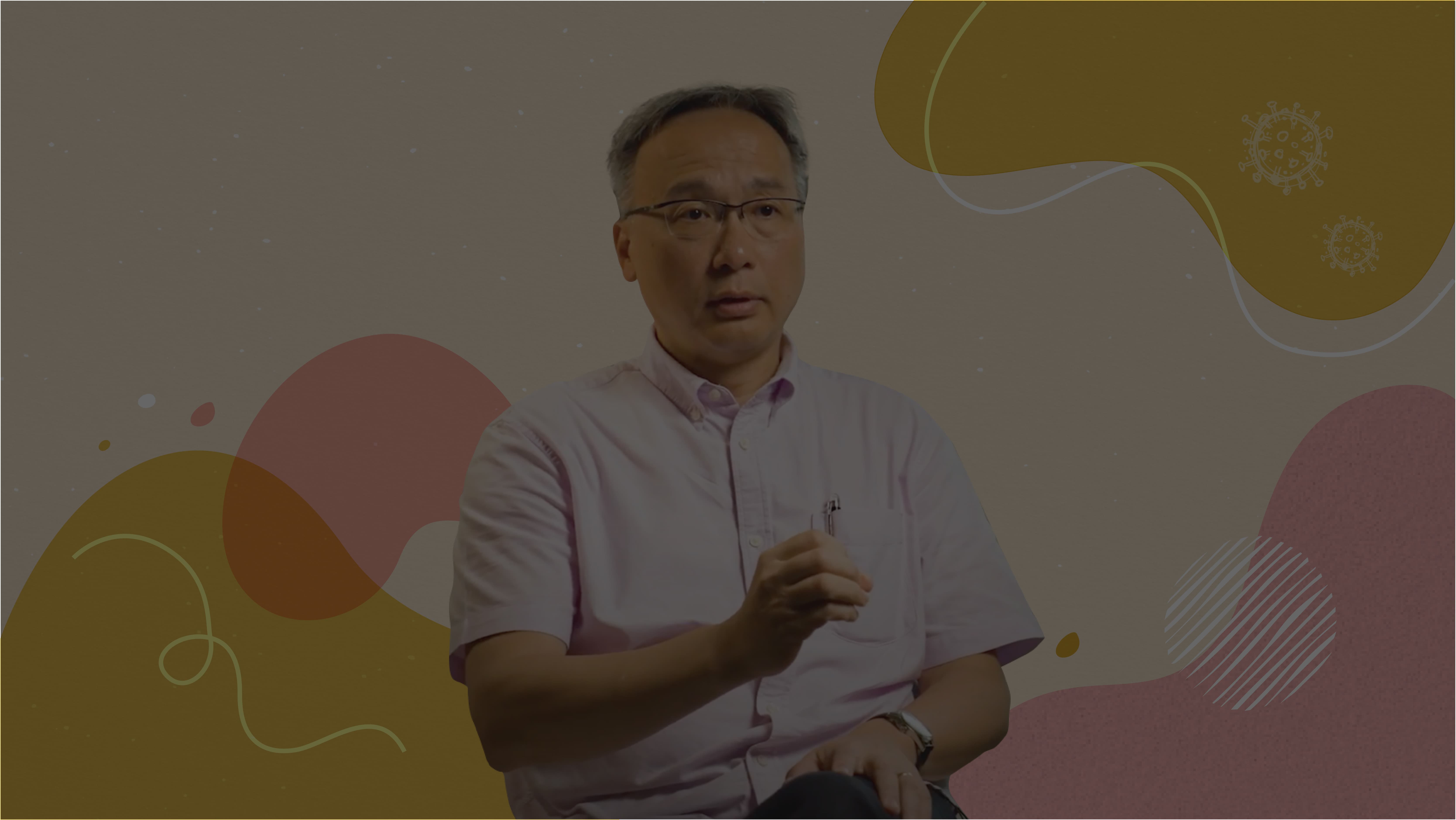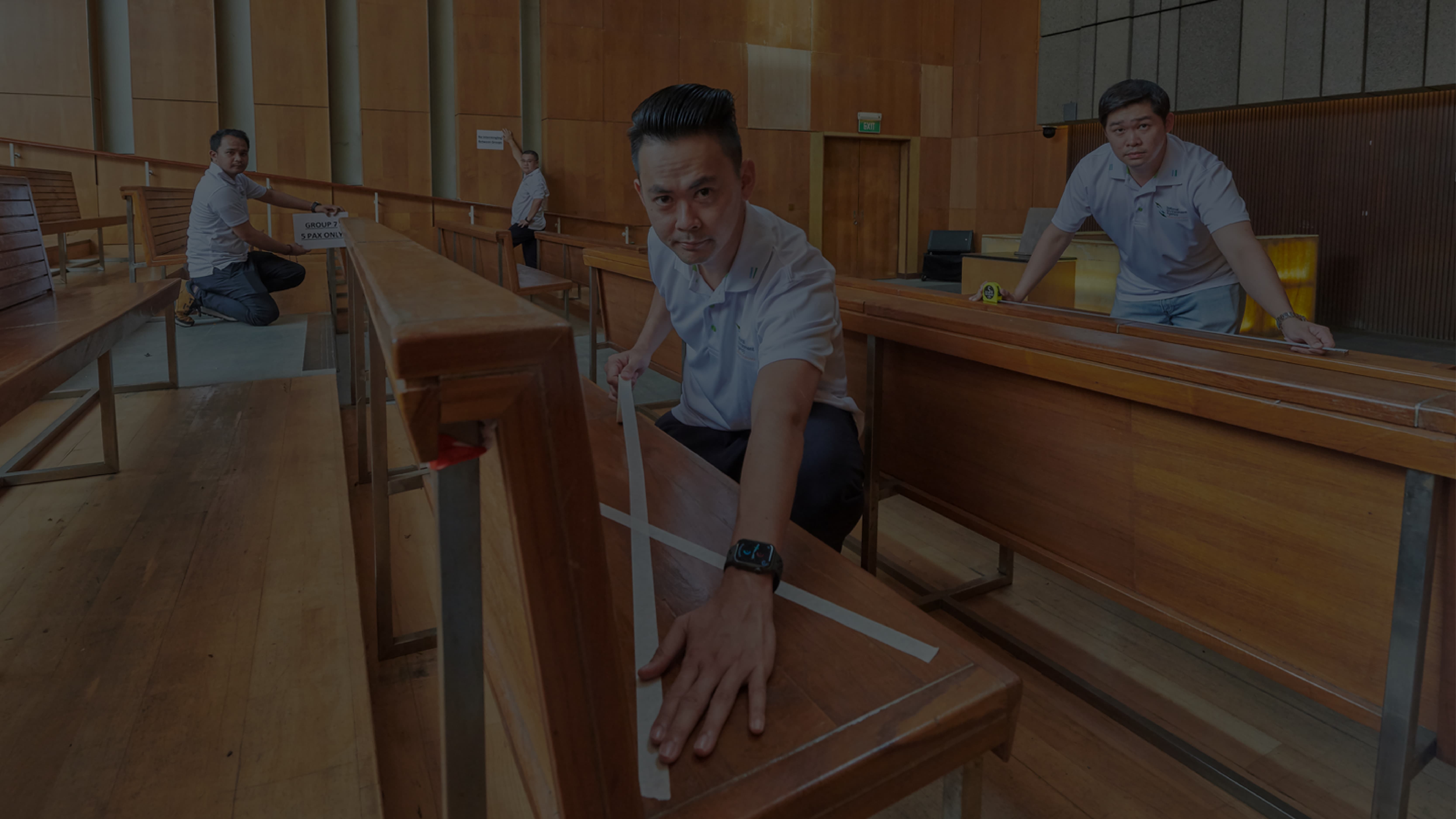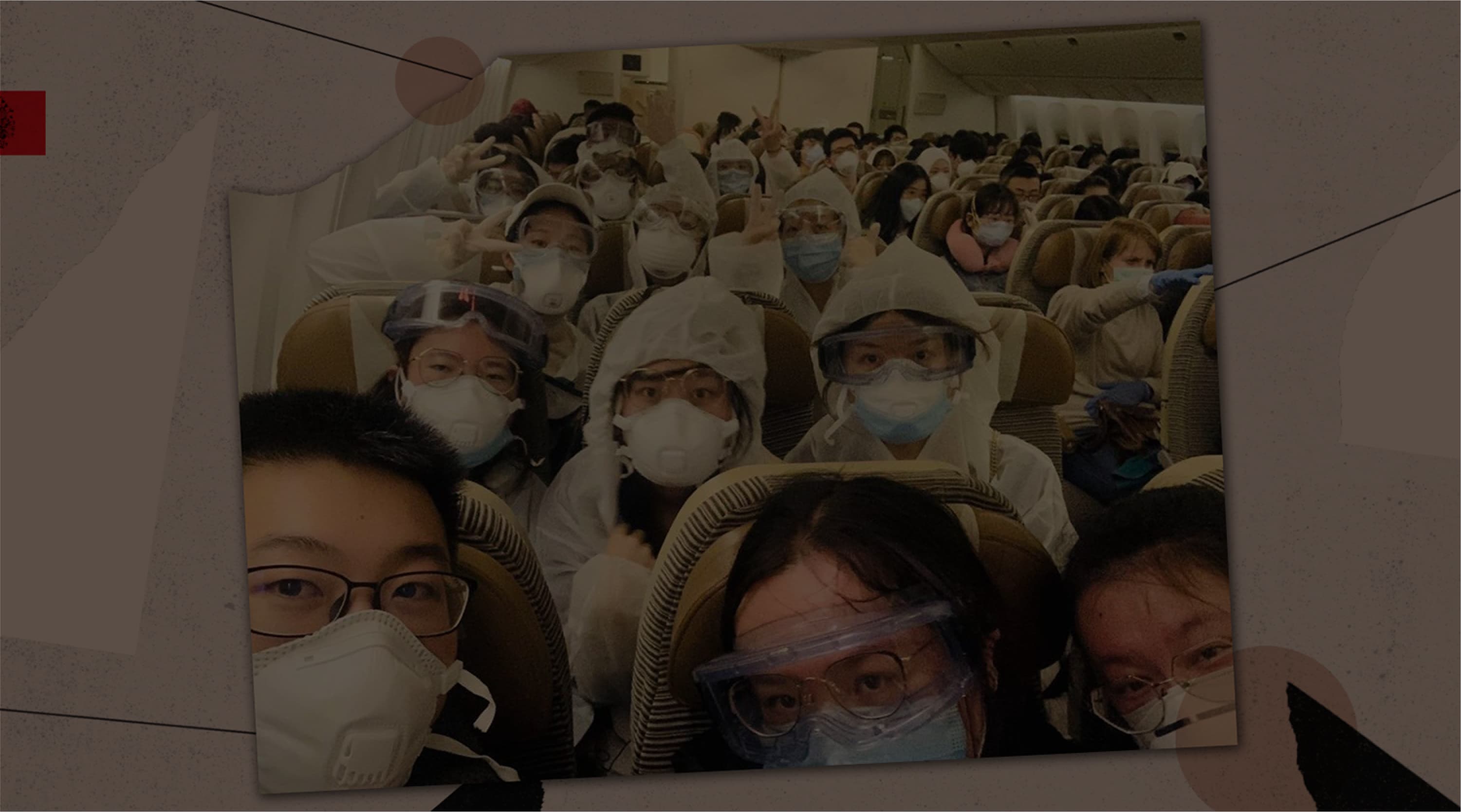Caring For Migrant Workers In The Time Of The Pandemic
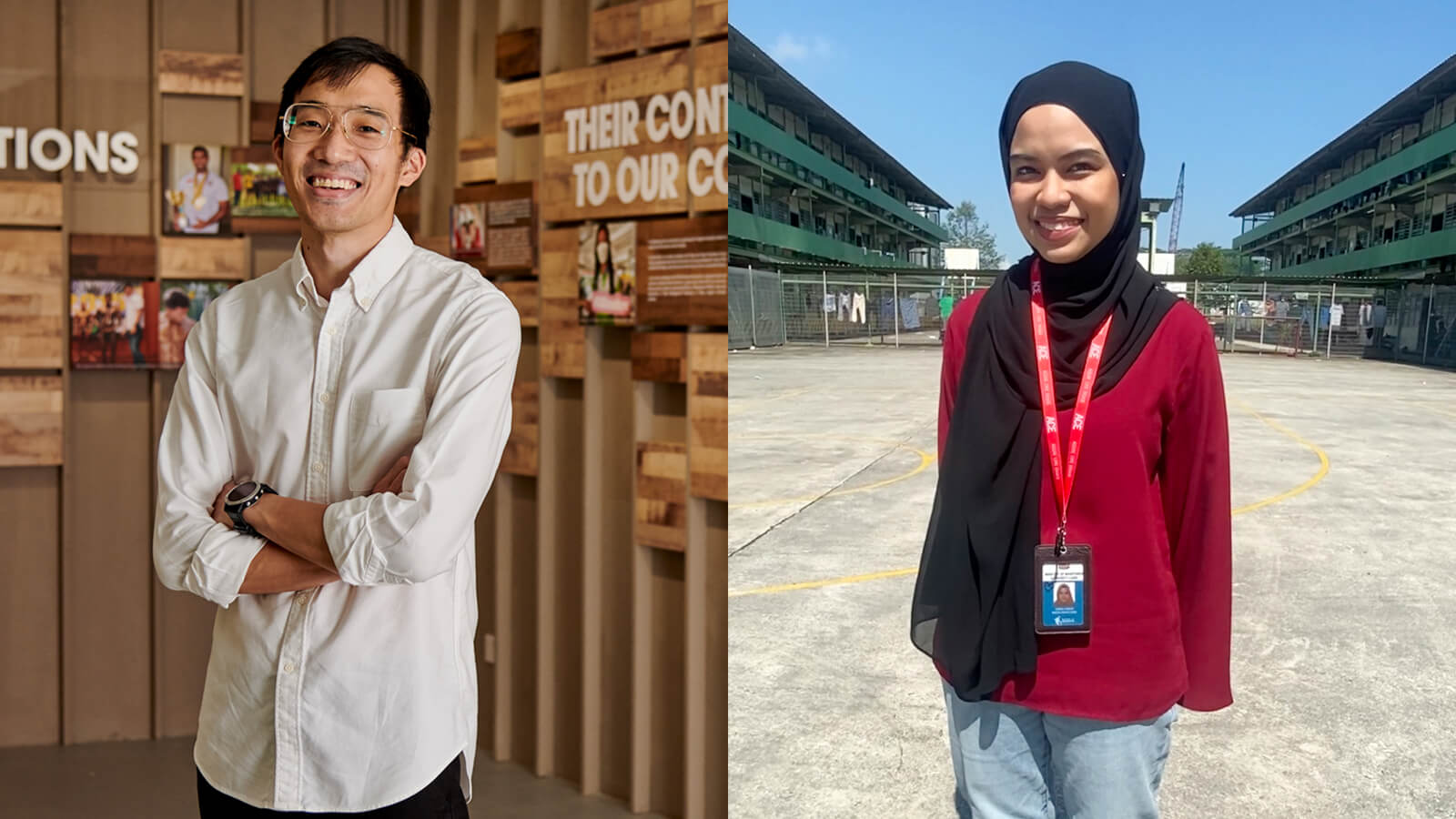
While COVID-19 continues to pose challenges for Singapore and the world, valiant collaborative efforts remind us that the battle can indeed be overcome. The Inter-agency Task Force (ITF) was set up in April 2020 to look after Singapore’s migrant worker community at the time, and worked to take the ballooning case numbers from the thousands to zero in just four months.
Bringing together over 2,200 officers from six public agencies – the Ministry of Manpower (MOM), Singapore Armed Forces (SAF), Home Team, Ministry of Health, Building and Construction Authority, and Ministry of Communications and Information – ITF’s goal was to care comprehensively for migrant workers’ health, including their mental wellbeing.
This mission is now undertaken by the Assurance, Care and Engagement (ACE) Group, a division under the MOM.
As its name suggests, the ACE Group aims to:
- Provide assurance to migrant workers and other stakeholders;
- Care for workers through comprehensive medical services, and;
- Engage with workers and other stakeholders to foster stronger partnerships.
Responding With Speed
In mid-2020, COVID-19 spread through migrant worker dormitories – with more than 1,000 new cases detected a day. The ITF swiftly deployed the Forward Assurance and Support Teams (FAST), which were stationed 24/7 at dormitories to address what was then the peak of the outbreak.
In all, more than 170 FAST teams have been deployed, including 43 teams stationed at all purpose-built dormitories, and 127 mobile FAST teams providing coverage to factory converted dormitories, construction temporary quarters and private residential premises.
Round the clock, FAST officers from the MOM, Home Affairs agencies and the SAF worked tirelessly; looking into all aspects of workers’ wellbeing, from the provision of meals and hygiene facilities to seeing to remittance needs. They also facilitated medical care, carrying out COVID-19 tests, managing the recovery and post-recovery care of patients, and optimising safe distancing measures.
By August 2020, the dormitories were all cleared of COVID-19. As the ITF’s longer-term goal was also to care for migrant workers’ mental health, it handed its operations over to MOM’s ACE Group.
Because Celebrations Still Matter
Over and above the migrant workers’ health and safety, MOM’s ACE Group strived to do much more. For Joel Tan, a Senior Manager in the Communications and Engagement Centre at the ACE Group, it has also been about making sure the workers’ humanity would be recognised and celebrated.
In his role, Joel forms partnerships with key stakeholders such as government agencies, employer groups, community partners and NGOs to improve migrant workers’ wellbeing. He was also the lead planner for the annual International Migrants Day on December 18, 2020, working with various partners to organise activities to appreciate the migrant worker community.
After the COVID-19 situation in the dormitories stabilised, he took on the role of leading the Youth Engagement team. This team engages local youths on migrant workforce issues and encourages them to make a difference.
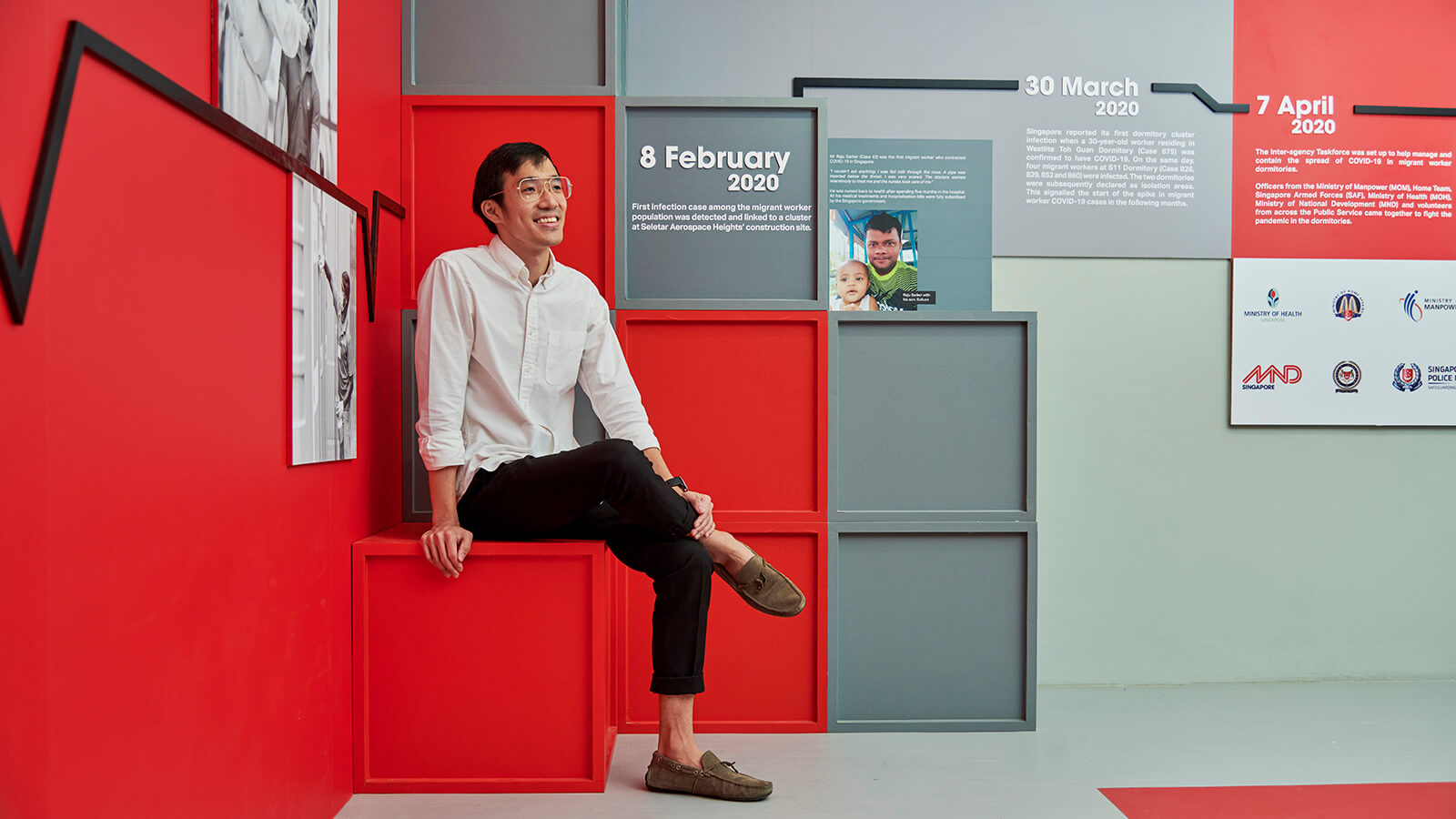
A Pandemic-safe International Migrants Day (IMD)
As part of IMD 2020’s celebrations, there were plans for sports competitions and concerts to be held. However, none of these could happen as large-scale events were discontinued due to safe distancing measures.
“We knew the challenges,” Joel says. “Nonetheless, we felt that it was important to commemorate this day, as our migrant workers’ contributions and tenacity must be recognised through good times and bad. They are part of our community. Besides, COVID-19 has been especially tough on them.”
The ACE Group met the pandemic challenges head-on through collaborations with others: by partnering with over 20 stakeholders and selected agencies, the ACE Group could decentralise the celebrations and reach out to many more migrant workers in the safest ways possible.
For example, as celebrations were held across several migrant worker recreation centres, Joel led his team to work closely with a few bus operators to provide transport for the workers who were staying further away from the recreation centres.
Meanwhile, FAST officers joined forces with the recreation centre operators to keep safe distancing measures in place.
There was also an opportunity to involve the wider community to distribute goodie bags to the migrant workers. “For this, I teamed up with SportSG to mobilise Team Nila volunteers,” Joel says. “Despite the short timeline, we managed to get enough help!”
The show went on with digital and live performances, photo booths, game stalls, giveaways and more.
Lessons From the Pandemic
“It was clear to us that by working with collaborators, we could come up with good solutions and accomplish more together,” Joel says. “So, we want to further strengthen our partnerships.”
He adds: “There is more to do for the migrant worker community. I’ve learnt that there is always room to give.”
Apart from organising International Migrants Day and assuming a new role in 2020, Joel also became a first-time father that year. “It was difficult juggling between family and work commitments,” he reveals. “Eventually, I got better at it by learning to de-stress through exercising and reading books. I’m also practising giving people my full presence – because I only have that much time to spend with each of them, I want to make sure it is quality time.”
Reaching Out With a Digital Touch
Also seeing to the needs of migrant workers is Ummu Aiman Md Zaid, a Housing Officer at the ACE Group. Throughout the pandemic, she has worked to raise the workers’ spirits through connection, communication and a sense of community.
Aiman regularly engages dormitory operators, migrant workers and employers, visiting the dormitories often to understand the community’s needs. Outside of work, she has been passionate about helping the migrant worker community. She volunteers at Hawaariy Youth and has organised a porridge distribution drive for over 1,000 migrant workers in 2020.
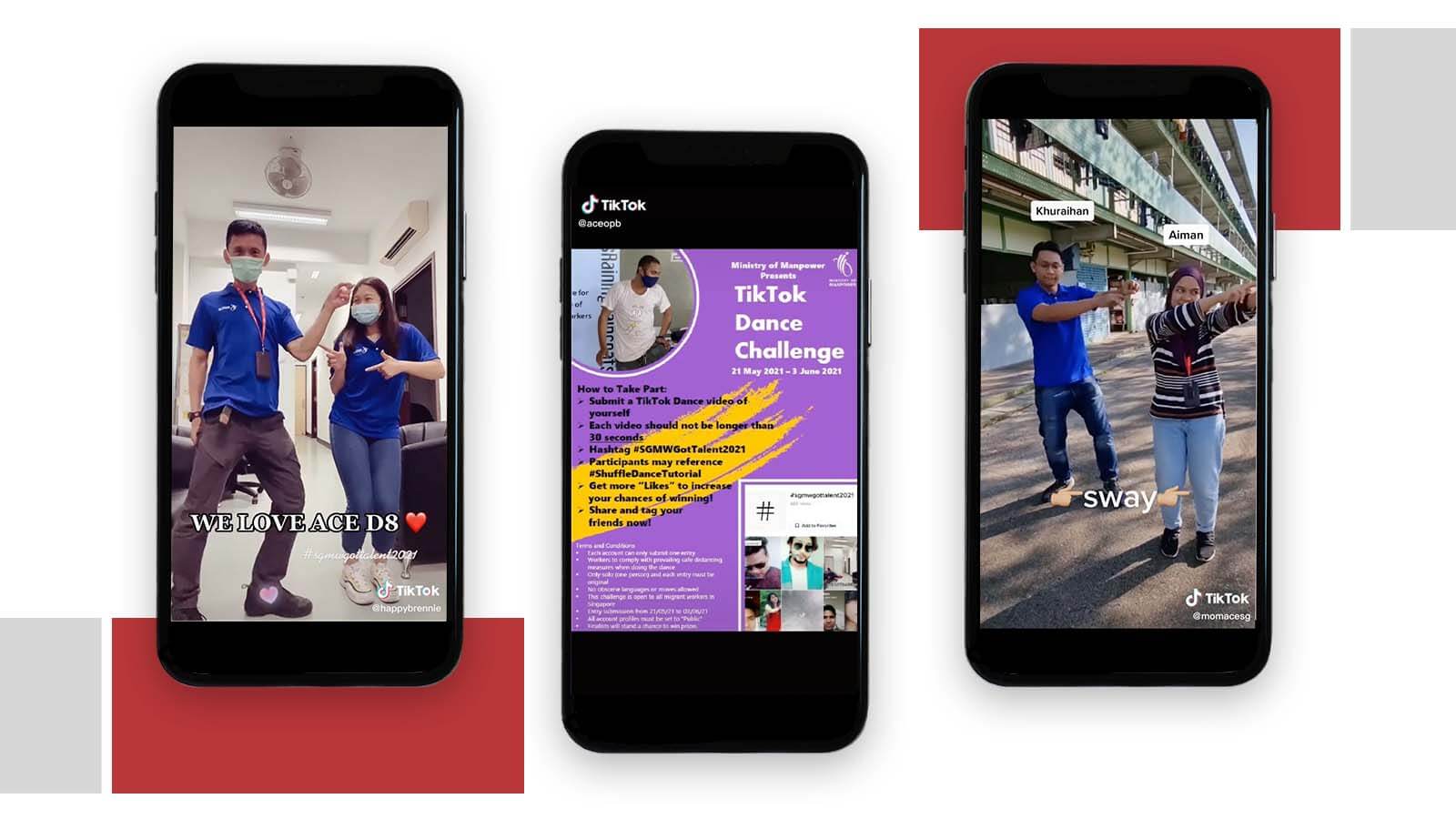
"We felt that it was important to find other ways to reach out to the migrant workers to ensure their wellbeing," she explains. Partnering with NGOs and using technology for these activities ensured that the participants could still have fun, interact and socialise.
Seeing that TikTok is popular among migrant workers, her team ran two TikTok competitions – #SGMWsgottalent and #SGMWcanact – and invited the community to display their acting and dancing talents.
Aiman and her colleagues got in on the act as well, filming a video of themselves dancing, and promoting it to the community via various chat groups. “We received over 100 entries, which garnered more than 376,000 views during the contest period,” she shares.
While not everyone took to the virtual stage to showcase their talents, these efforts nonetheless added colour and entertainment to the migrant workers’ days. “What is more important is to let them know that we want to connect with them, and that they, too, can connect with us through the different platforms they use.”
- POSTED ON
Jul 6, 2022
- TEXT BY
Wong Shu Yun
- PHOTOS BY
Teck Lim
Courtesy of MOM




